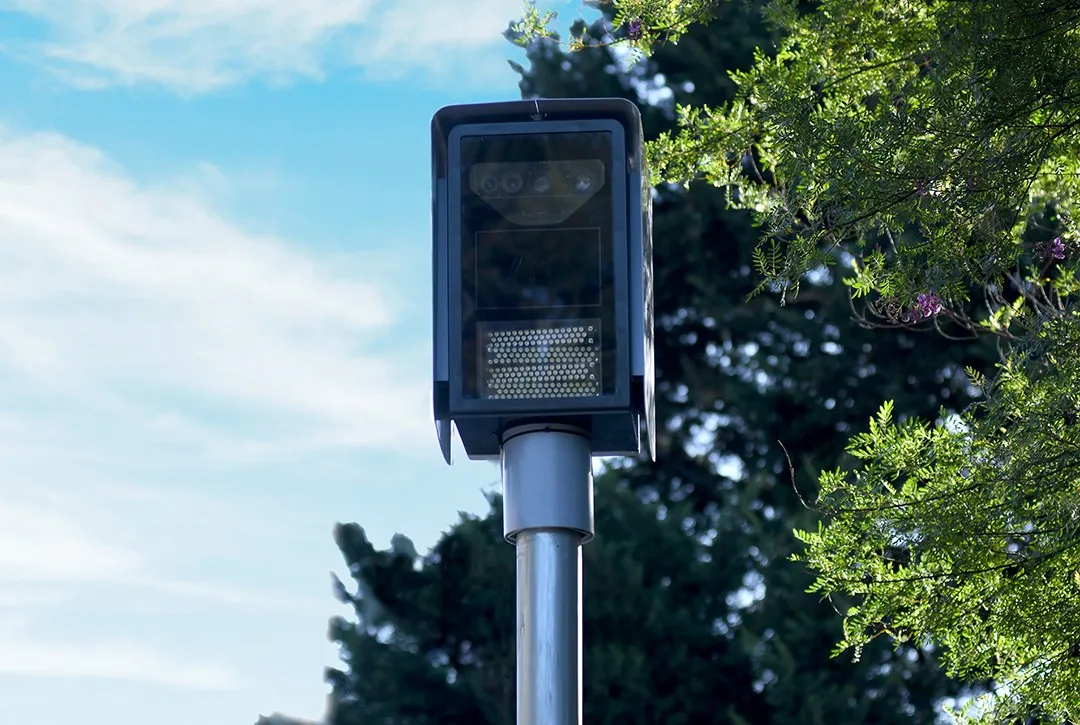Traffic enforcement specialist
The action, which has rumbled on for several years, related to misconduct by former employees of US subsidiary
Under the expired deal, the DoJ agreed not to charge the firm with any offence provided the company complied fully with its terms.
Redflex has cooperated with the successful prosecutions of several people, including a high-ranking city of Chicago official and a former chief executive officer of Redflex.
In 2016, the company said: “The misconduct under investigation ended more than four years ago, and the individuals involved have not been employed…for almost four years.”
Redflex agreed to pay reparations of $100,000 to the city of Colombus, Ohio and still has to pay $9 million to the city of Chicago, the next instalment of which is due by the end of the year.
The NPA also said that Redflex had to “revise and address any deficiencies in its compliance code, policies and procedures regarding compliance with applicable anti-bribery and anti-corruption laws”.
In a related development, Redflex has also announced that it has received a letter from the Australian Federal Police stating that it has “concluded its investigation and that no action will be taken regarding the company or a former officer that was the subject of its investigation”.
The company says it “remains committed to the high standard of corporate governance and risk management and to the maintenance of the ‘compliance culture’ that it has developed over many years”.
Redflex ‘does not expect further action’ from US Department of Justice
Traffic enforcement specialist Redflex Holdings says it expects no further legal action or new financial liabilities arising from investigations by the US Department of Justice (DoJ).
The action, which has rumbled on for several years, related to misconduct by former employees of US subsidiary Redflex Traffic Systems. The company signed a two-year non-prosecution agreement (NPA) with the DoJ, which has now ended.
Under the expired deal, the DoJ agreed not to charge the firm with any offence provided the
January 18, 2019
Read time: 2 mins








